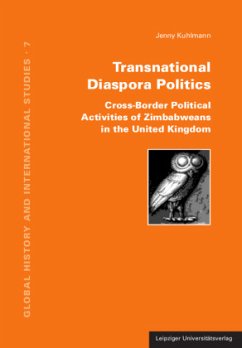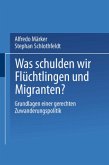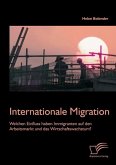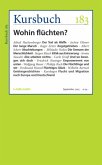Largely in response to the unstable economic situation and a political climate characterised by a limited space for divergent opinions, democratic participation and political pluralism, an estimated one third of the Zimbabwean population has left the country since the early 2000s, mainly to neighbouring and Western countries. As the great majority of those outside their home country are of voting age, the growth of the diaspora is tantamount to an increase in the size of Zimbabwe's political community abroad. Denied external voting rights - and thus to participate in the most basic political decision-making process of their country - Zimbabweans abroad have searched for other, non-electoral ways of participation in the political life of their home country.The book investigates how and to what extent politically active Zimbabweans in Britain who voted with their feet or were forced out of the country by economic and/or political circumstances use the diasporic space to influence political processes in their home country from afar, and thus how they try to remain an active and recognised part of the domestic political community and development of their country of origin, even while outside the territorial borders of the Zimbabwean state.Drawing on scholarly debates on migrant and diaspora political transnationalism, the book chooses an analytical perspective that explores and comprehends transnational forms of domestic politics, i.e. forms of political action which take place outside the frame of the conventional state-centric model of traditional political research used to analyse political processes and interactions. By exploring the border-crossing political strategies and practices of diasporic groups, the book aims to broaden our understanding of politics that are neither strictly domestic nor international. As such it aims to contribute to our knowledge not only about the reconfiguration of the spatiality of domestic politics but also about how the complex triadic relations between the diaspora, the home country and the host country are embedded within the context of such transnational political spaces.
Hinweis: Dieser Artikel kann nur an eine deutsche Lieferadresse ausgeliefert werden.
Hinweis: Dieser Artikel kann nur an eine deutsche Lieferadresse ausgeliefert werden.








